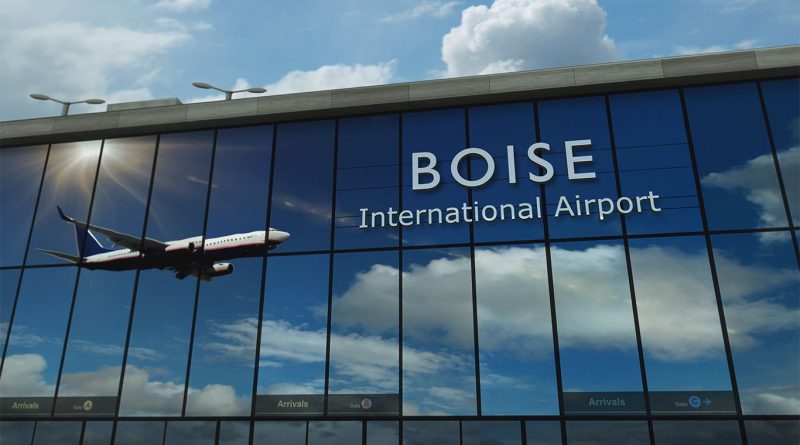$700M Idaho airport project goes to Hensel Phelps as travel demand rises
Subscribe to our free newsletter today to keep up to date with the latest construction news.
When Hensel Phelps was selected to lead the Boise Airport’s next major expansion it marked another high-profile win for a contractor already reshaping U.S. aviation infrastructure. The $700 million contract reflects the urgency cities like Boise face as travel volumes outpace current capacity and terminals strain under growth.
Passenger volumes drive urgent expansion needs
Boise Airport has recorded an 81 percent rise in passenger traffic since 2014. In 2024 the airport handled nearly 5 million passengers and numbers in 2025 are already exceeding that. The surge has pushed the city to advance its BOI Upgrade capital program, a broad set of projects aimed at future-proofing its transportation hub.
The new Concourse A project will add up to ten gates, designed to absorb future flight demand and support new air service routes. The expansion also includes a new central utility plant and an upgraded baggage handling system. Improvements to the existing terminal will be completed in two phases to support better flow and higher throughput.
Hensel Phelps selected for collaborative delivery method
The city council approved Hensel Phelps under a construction manager at risk model, sometimes referred to as CM/GC. This approach brings the contractor into the process early, enabling better collaboration on design, scheduling and construction phasing. The contract includes a not-to-exceed ceiling of $700 million for the full program, which is scheduled through 2029.
This model allows Boise to commission individual scopes of work within an overall cap, giving the airport flexibility and financial control. It is a strategy increasingly adopted by airports and transit agencies managing complex upgrades in active environments.
Scope brings broad opportunity for regional construction
Beyond the new gates, the project requires upgrades to the airport’s mechanical systems, passenger service areas and logistics infrastructure. The central utility plant will serve heating, cooling and power needs across expanded areas. Enhanced baggage systems and vertical circulation upgrades will affect nearly every traveler experience.
The work is expected to draw a wide range of trade contractors including structural steel, MEP, fire protection, technology and wayfinding specialists. Civil contractors will handle early-stage site work, road access and foundational prep. The need to keep the airport operational throughout construction will increase demand for sequencing, safety and schedule-sensitive expertise.
Hensel Phelps adds to a growing aviation portfolio
This win in Idaho adds to what has become a dominant year for Hensel Phelps in airport construction. The company is currently managing major expansions at John Glenn International in Columbus, Tampa International in Florida and Nashville International in Tennessee. Combined, those projects exceed $5 billion in value.
That experience likely contributed to its selection in Boise, where the city has emphasized reliability and the ability to deliver in operational environments. The contractor’s familiarity with CM/GC methods and its past performance on phased aviation jobs offered a level of confidence that aligned with the city’s goals.
Local impact and supply chain considerations
As a federally designated civil-military airport Boise’s project includes federal oversight and regulatory compliance. However all construction funding will come from airport revenue sources including passenger fees, tenant charges and future bond issuances. No taxpayer funds will be used.
This funding structure allows the city to invest at scale without burdening local budgets. It also creates opportunities for local contractors to participate in early design and specialty scopes that support the larger program. Firms with capabilities in phased interiors, airport security and baggage systems integration are likely to find new business in the rollout.
The broader Idaho construction market may also benefit. Materials suppliers, logistics providers and professional service firms that support preconstruction will find new openings over the next six to twelve months as the project begins to mobilize.
Sources:
